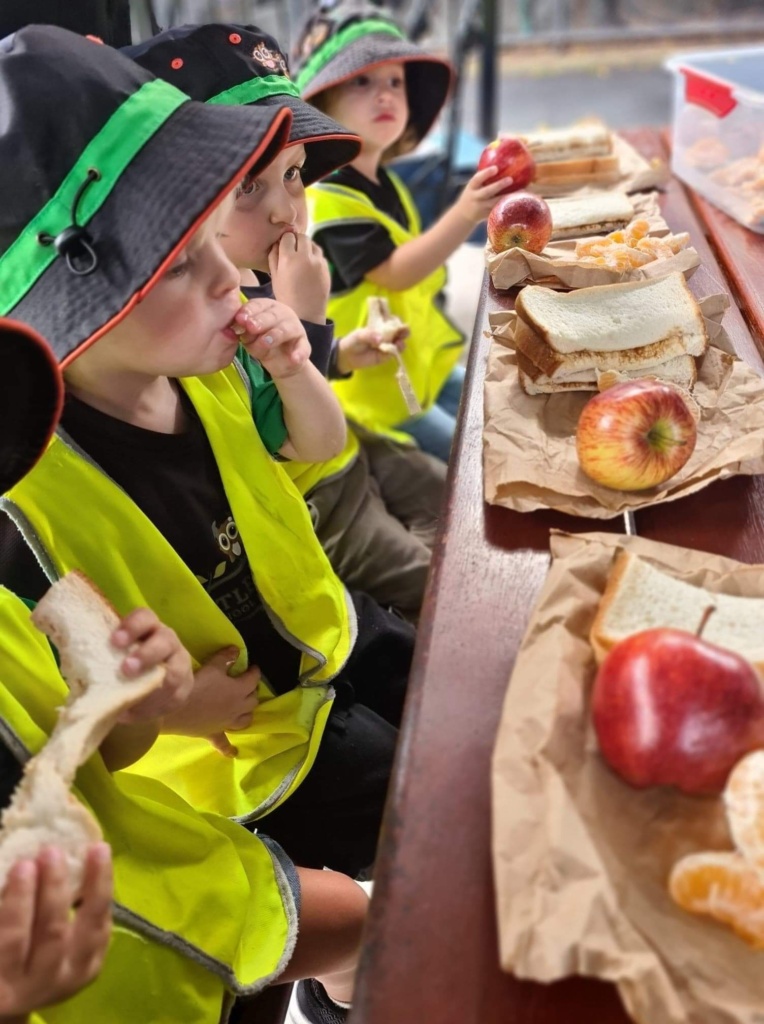Everyone knows or has a fussy eater. Whether it’s a two-year-old who won’t try new foods, a 10-year-old who is stuck on plain pasta or a ‘whitearian’ who only eats shades of beige, feeding children can become a real struggle. A period of fussiness is a normal part of a toddler’s development and is a sign that they are becoming more independent, but left unchecked, fussy eating can take over mealtimes making them stressful and unenjoyable for everyone.
Most fussy eating is behavioural, but it is important to check that there aren’t other reasons for your child’s fussiness. A really easy way to do this is to think about whether your child is fussy across different environments. For example, if they won’t eat this and that at home, but they will eat it at daycare, it’s a good indication that their fussiness is behavioural. Often, when a child is taken out of their usual environment, given a routine that they are expected to follow, and sit with other children, they will eat things that parents never thought possible. Are you struggling with a fussy eater? Contact our Little Scholars Day Care Centre to learn how we combat fussy eating during daycare.
Well firstly, the most important step no matter what the origin, is to take the pressure off. Although this may feel like a leap of faith, you won’t get anywhere while mealtimes are fraught with tension. Make sure that there are one or two foods you know your child will eat at each meal, but for the rest of the meal – make it something that you enjoy. The best way to get your child interested in a new food is to sit at the table with them and enjoy it yourself.
It can also help to let them know what is expected. For example, the mealtime routine might be to wash hands, come and sit at the table, stay at the table until the meal is finished, take the plate to the bench, leave the table and wash hands. This is exactly what happens at daycare and is an example of how routines work. It is important not to drag it out – a reasonable amount of time to expect your child to sit at the table is about 20- 25 minutes, beyond this, it gets really tiring for them and they won’t likely eat a lot more with extra time.
You can also help your child become a little more adventurous by breaking it down into manageable steps. Making small changes to their favourite foods such as cutting them differently, making them slightly crunchier, or changing the colour (eg. beetroot hummus) is a good place to start.

Interested in Child Care that assists with fussy eating and other areas of concern? Contact us today or book a campus tour.
AUTHOR: JACQUI PALMER, PAEDIATRIC DIETITIAN FROM MY NUTRITION CLINIC
Jacqui is paediatric dietitian who would like all children to have the opportunity to become ‘good eaters’ with the right support and guidance. Jacqui teaches parents and children these daily habits and strategies through her Fussy Eaters Therapy program. Jacqui welcomes children with sensory and developmental issues such as Autism to join the program.
Let us hold your hand and help looking for a child care centre. Leave your details with us and we’ll be in contact to arrange a time for a ‘Campus Tour’ and we will answer any questions you might have!
"*" indicates required fields
Let us hold your hand and help looking for a child care centre. Leave your details with us and we’ll be in contact to arrange a time for a ‘Campus Tour’ and we will answer any questions you might have!
"*" indicates required fields
Health & Wellbeing
Health & Wellbeing
Health & Wellbeing
Health & Wellbeing